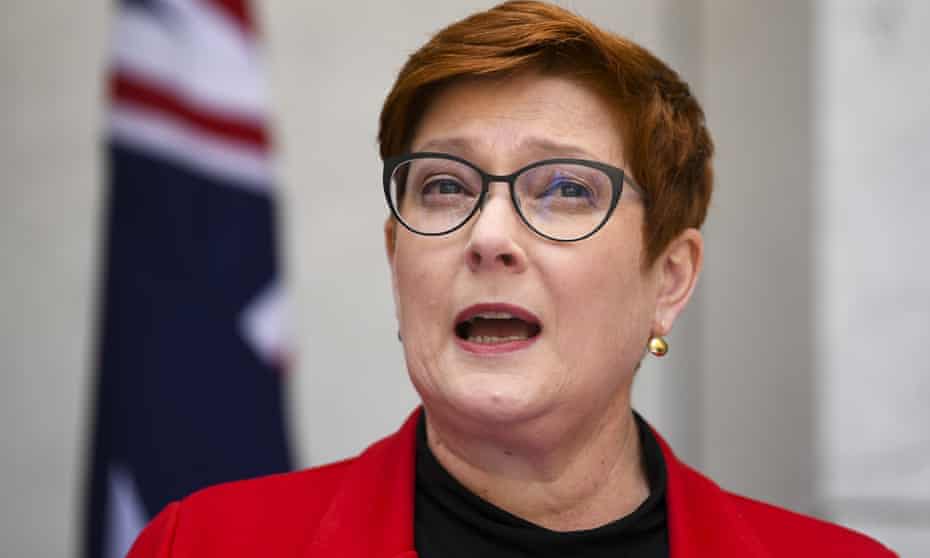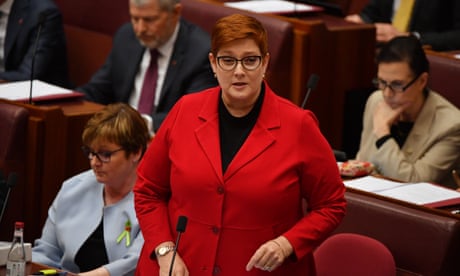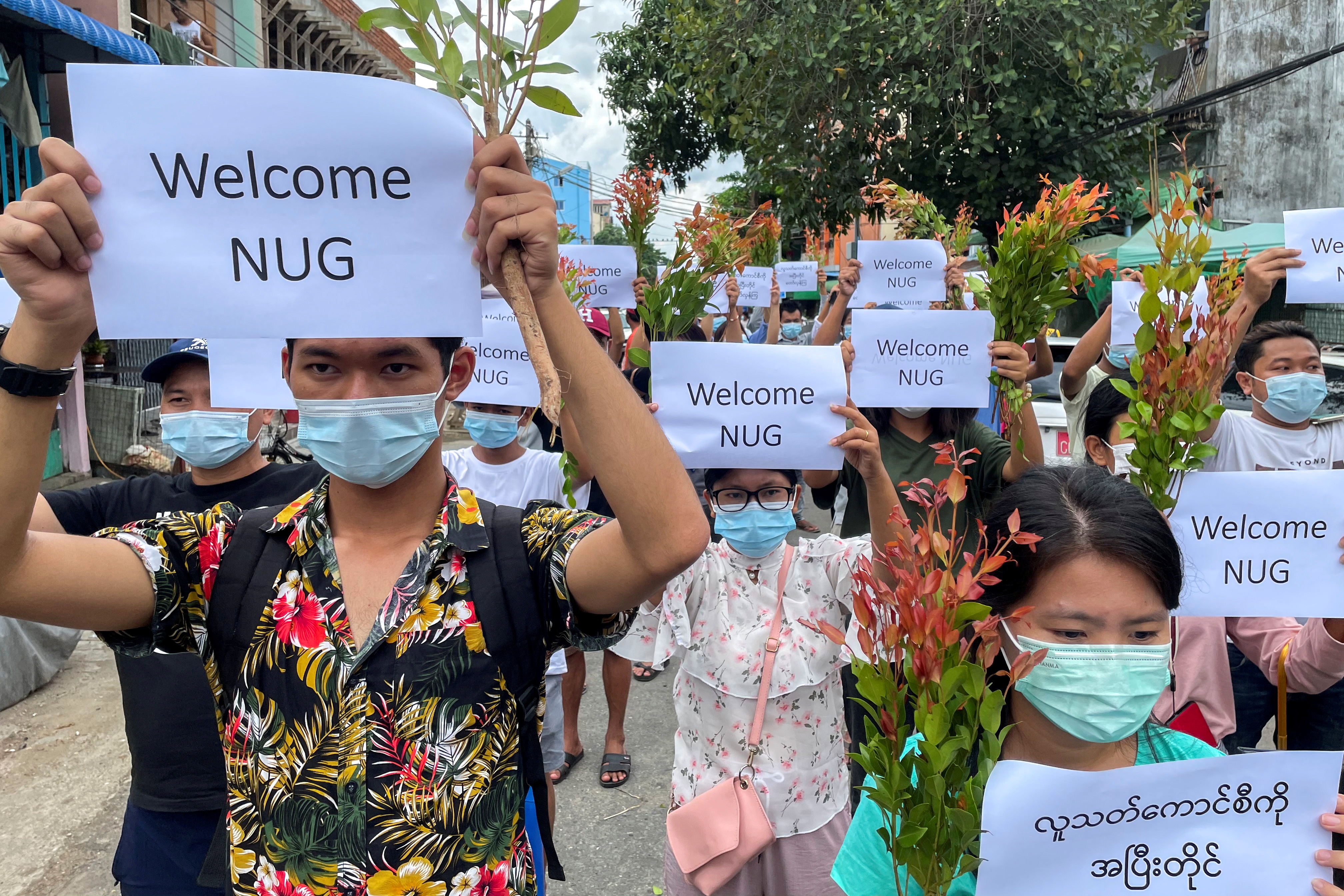aungdaw Township Court on December 14 sentenced 109 of the more than 190 Rohingya arrested in Rakhine State on a boat trip from Malaysia to Malaysia and sentenced them to five years in prison each, and sent them to Buthidaung Prison, a lawyer told RFA.
The other 90 were released after being warned by a court they were under the age of 18.
On November 29, the military arrested 228 people in a boat 17 miles northwest of Mayu Island near Sittwe, Rakhine State, along with a motorboat.
Of those, 35 children under the age of 10 were released the same day, and the rest were prosecuted by the Maungdaw District Immigration Department.
They are refugees from Rakhine State in a refugee camp in Bangladesh and have been sentenced to the maximum sentence under Section 13 (1) of the 1947 Immigration Act, "Tin Hlaing Oo, a lawyer representing the case, told RFA.
"They went to Malaysia illegally from Bangladesh," he said. Many of them took refuge in Bangladesh during the 2017 uprising. And there are five Burmans from Tanintharyi. And two Bangladeshi nationals. Section 13 (1) of the current provisions of the 1947 Immigration Act provides for a maximum sentence of five years in prison. We have clients who have been handed over to Thazin. "I will appeal to them."
Five Burmese nationals were among those arrested and imprisoned.
A family member of the detainee told RFA that the Rohingya had fled to Malaysia because they were facing difficulties in a refugee camp in Bangladesh.
"There are difficulties in the refugee camps in Bangladesh," he said. I am going to Malaysia because I do not want to live in a refugee camp because I can not live with the violence. Some people who have families in Malaysia go to their families. Some go to get married. Some took their brothers with them. It costs about 120 lakhs per person to go there. Some 110 lakhs. Some of them are 100 lakhs. In some cases, it costs 90 lakhs. "
They were killed during the 2017 conflict in Buthidaung. He said he had to flee from Maungdaw Township to a refugee camp in Bangladesh.
A Muslim village head in Buthidaung Township, who spoke on condition of anonymity, told RFA that Muslims currently living in Rakhine State are also subject to travel restrictions.
"Everywhere you look today, the tide of protectionist sentiment is flowing.
They do not want to be named for security reasons, as they are often interrogated when reporting their problems to the media.
On November 25, Muslims in Buthidaung Township were required to travel on Form 4, and the township administration issued a local order restricting them to three months.
He said the ban on Rohingya Muslims from crossing the border and the arrest and imprisonment of them were inhumane.
"Wherever we find and arrest our people in Burma, we will be sentenced to two years in prison," he said. Three years The five-year sentence is inhumane. That should not be the case. We can not go anywhere in Rakhine State where we now live. For example, Maungdaw or Sittwe. If something goes wrong, do not go. He was arrested and interrogated. You have to take Form 4. It is not easy to take Form 4. There are difficulties. "
 ( Photo: Tatmadaw News Agency)
( Photo: Tatmadaw News Agency) Nay San Lwin, co-founder of the Rohingya Liberation Coalition, said he could not accept the arrest.
"Imprisonment is not fair. According to Article 13 (1) of the Immigration Act, the minimum sentence is six months and the maximum is five years. But we do not care about the international community because of the pressure from the military on the Rohingya in the international community. Last month's issuance of travel permits made it clear that the International Court of Justice could not comply with the order.
Buthidaung, Rakhine State In Maungdaw townships, more than 600,000 Rohingya Muslims fled to Bangladesh in 2017 due to military clearance.
They have not been able to return home and are still facing difficulties in the camps.




